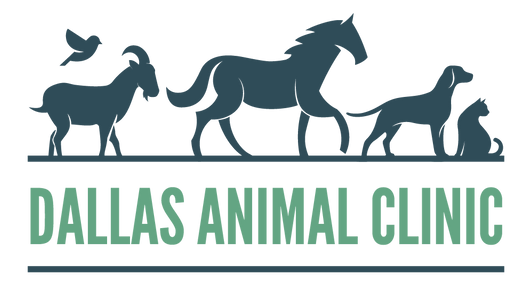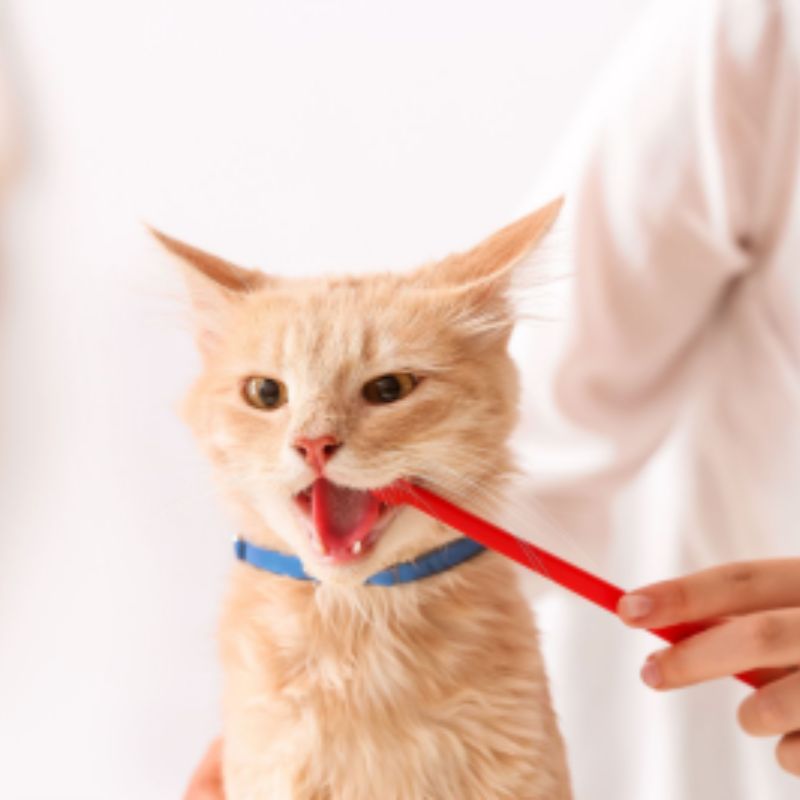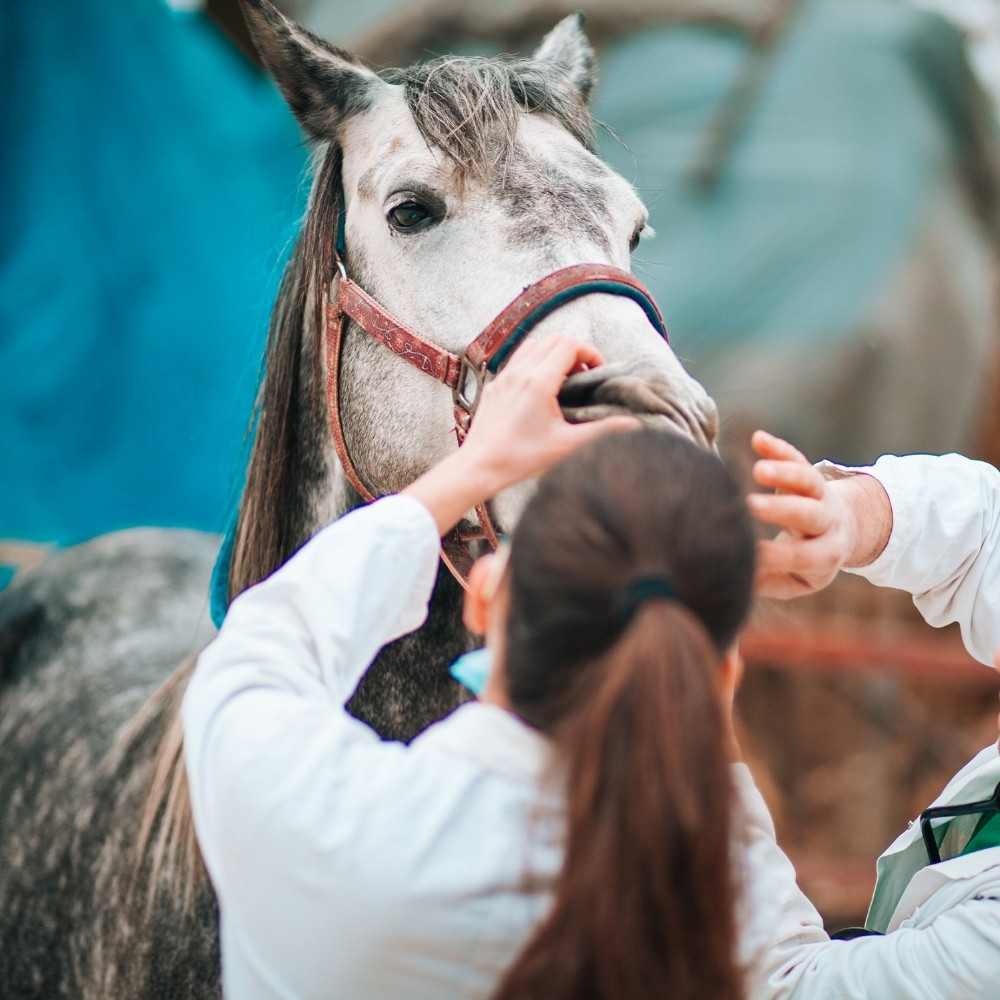Equine and Pet Dentistry in Dallas, OR
Because the mouth and teeth are vitally important for general health, we emphasize dental health as a priority.
TOP-RATED VETERINARIAN IN DALLAS
Just as it’s important for you to see a dentist regularly, it’s important for dogs and cats as well. Your pet’s oral health is directly connected to their overall health. Signs of dental disease include bad breath, loose, broken, or missing teeth, yellow or brown teeth, red, inflamed, or bleeding gums, difficulty or pain when chewing, pawing at the mouth, and excessive drooling. If you notice any of these symptoms, please contact our team, and we’ll be happy to help.
Just as it’s important for you to see a dentist regularly, it’s important for dogs and cats as well. Your pet’s oral health is directly connected to their overall health. Signs of dental disease include bad breath, loose, broken, or missing teeth, yellow or brown teeth, red, inflamed, or bleeding gums, difficulty or pain when chewing, pawing at the mouth, and excessive drooling. If you notice any of these symptoms, please contact our team, and we’ll be happy to help.
Horses need a different kind of regular preventive dental care than dogs, cats, and people. Horses’ teeth have an eruption rate of 2 to 3 mm per year. This means the teeth continually grow into the mouth and must correspondingly wear down, by grinding on course fibrous food, at the same rate. Malocclusions, or improper position of the teeth, can lead to irregular wear patterns and can negatively impact periodontal health, resulting in painful oral disease.
Before dental care is provided, it is important for your horse to have a comprehensive oral exam facilitated by sedation, a speculum, a light, and a mirror or camera. Information acquired during the examination will guide specific therapeutic procedures. Dental floating removes irregular, unworn, sharp points from the cheek teeth and adjusts the chewing surfaces as necessary. If present, periodontal disease should also be addressed when your horse is sedated to have his teeth floated.
Some horses show no noticeable signs because they instinctually adapt to their discomfort. Waiting too long for treatment may significantly increase the complexity of treatment needed.


